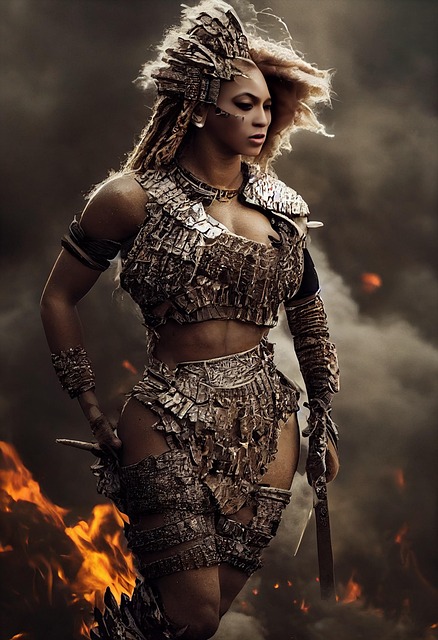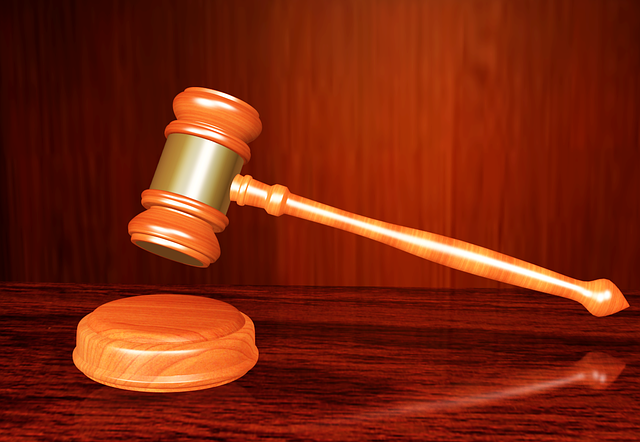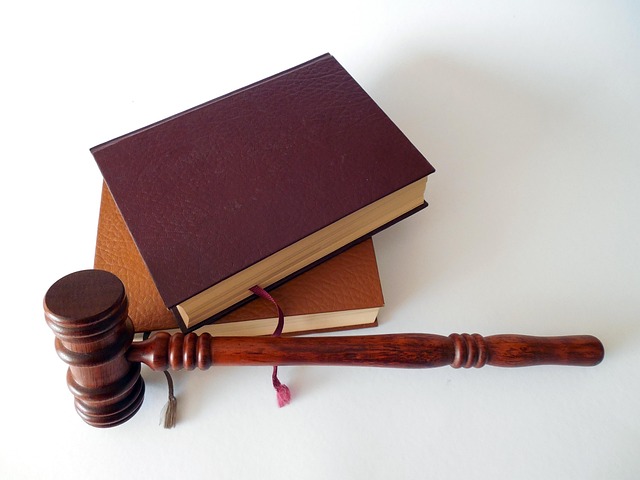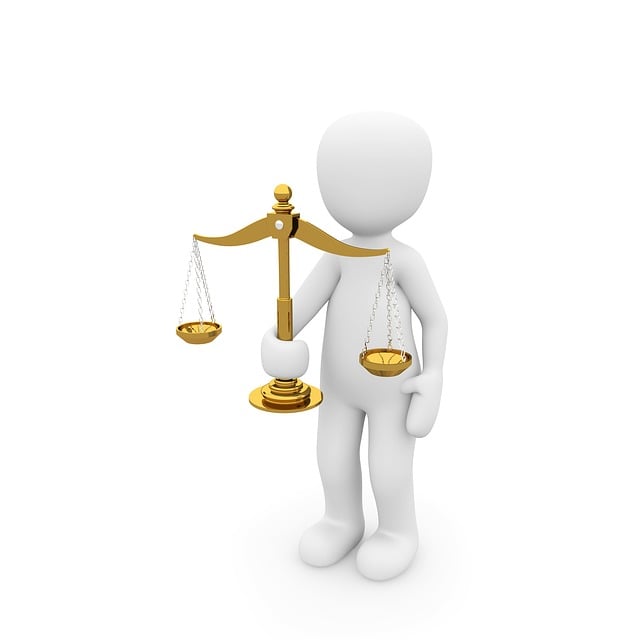Understanding litigation types is key to navigating legal complexities. While civil lawsuits focus on harm between parties, criminal proceedings involve state-alleged misconduct for punishment and societal protection. Voir dire, crucial in criminal trials, ensures fair juries by assessing potential biases of jurors, especially vital in complex white-collar defense cases. This process enables attorneys to select impartial juries capable of understanding intricate financial matters, enhancing the likelihood of achieving extraordinary results while serving justice impartially. Effective voir dire prevents wrongful convictions, protects rights, fosters community-oriented juries, and maintains legal integrity and fairness in the courtroom.
“Unraveling the intricacies of litigation types is essential for legal professionals aiming to deliver justice effectively. This article offers a comprehensive guide to understanding different legal battles, from civil to criminal disputes. We delve into the fundamental differences and unique procedures that define these cases.
A key aspect highlighted here is the significance of ‘voir dire’ in ensuring fair trials. You’ll discover how this process plays a pivotal role in selecting unbiased jurors, ultimately impacting the outcome of criminal proceedings. Explore effective techniques for conducting successful voir dire, empowering you to navigate litigation with precision.”
- Understanding Different Litigation Types: An Overview
- Civil vs. Criminal: Key Distinctions and Procedures
- The Role of Voir Dire in Ensuring Fair Trials
- Effective Voir Dire Techniques: A Comprehensive Guide
Understanding Different Litigation Types: An Overview

Understanding different litigation types is crucial for navigating legal complexities effectively. Litigation involves various procedures and strategies, each tailored to specific cases. One key aspect that distinguishes these types is the level of formality and the forum in which they are conducted. For instance, while civil lawsuits typically follow structured rules and evidence presentation, criminal trials often involve more dynamic processes like voir dire, where potential jurors are questioned to ensure impartiality.
In criminal trials, voir dire plays a significant role, especially when addressing white-collar and economic crimes. This process allows judges or attorneys to assess the bias or prejudice of prospective jurors, ensuring that the respective business interests of both prosecution and defense are protected. The goal is to empanel a fair and impartial jury, which can significantly impact the outcome of high-stakes cases involving complex financial matters or white-collar defenses.
Civil vs. Criminal: Key Distinctions and Procedures

In the realm of litigation, understanding the civil versus criminal divide is paramount for both legal professionals and those involved in legal disputes. These two types of cases significantly differ in their nature, procedures, and objectives. Civil lawsuits arise from conflicts between private parties or corporations, seeking damages or specific performance to redress harm. Conversely, criminal proceedings involve allegations of misconduct against individuals or entities by the state, focusing on punishment and societal protection.
One critical aspect that sets civil and criminal litigation apart is the role of voir dire (the jury selection process). In criminal trials, an effective voir dire becomes pivotal, as it ensures a fair and impartial jury by scrutinizing potential jurors’ biases, experiences, and views. This meticulous process is essential for protecting the defendant’s rights throughout all stages of the investigative and enforcement process. Unlike civil cases, where juries primarily decide factual issues, criminal juries also determine guilt or innocence, making voir dire an indispensable tool for balancing justice between corporate and individual clients alike, ensuring a just outcome for his clients.
The Role of Voir Dire in Ensuring Fair Trials

Voir dire plays a pivotal role in ensuring fair trials, particularly in criminal proceedings. This meticulous process involves questioning potential jurors to determine their impartiality and suitability for a specific case. By delving into their backgrounds, experiences, and biases during voir dire, attorneys can uncover hidden prejudices or preconceptions that might influence their decision-making.
In the context of white collar defense, where cases often involve complex financial and legal issues, an effective voir dire is crucial. It allows lawyers to carefully select a jury that can navigate these intricate matters and make informed decisions based on the evidence presented during all stages of the investigative and enforcement process. Through this meticulous screening, achieving extraordinary results in court becomes more feasible, ensuring justice is served impartially.
Effective Voir Dire Techniques: A Comprehensive Guide

Voir dire, often considered a crucial aspect of criminal trials, is an art that involves meticulous questioning to ensure a fair and impartial jury. This process is pivotal in high-stakes cases, where the outcome can mean the difference between freedom and conviction. A comprehensive guide to effective voir dire techniques can empower legal professionals to navigate this intricate landscape, ultimately achieving extraordinary results.
By delving into the intricacies of each potential juror, lawyers can uncover biases, prejudices, or experiences that might cloud their judgment. This is especially vital in avoiding indictment, as a single biased view can sway the entire panel. Through skilled questioning, attorneys can identify individuals who possess an unbiased perspective, ensuring a fair trial. The success lies in recognizing when to probe deeper and when to move on, creating a jury that reflects the community and respects the presumption of innocence. This strategic approach not only ensures legal integrity but also respects the rights of both the accused and the prosecution, fostering a just and balanced courtroom environment.
Understanding the various litigation types is crucial for ensuring fair and effective legal processes. By differentiating between civil and criminal proceedings, and recognizing the vital role of voir dire, we can navigate complex legal landscapes. This comprehensive guide highlights the significance of voir dire in criminal trials, providing essential techniques to ensure impartial juries. Embracing these strategies not only enhances judicial fairness but also reinforces the integrity of our legal system.






